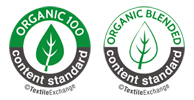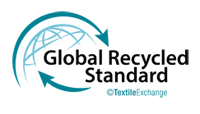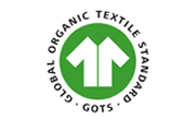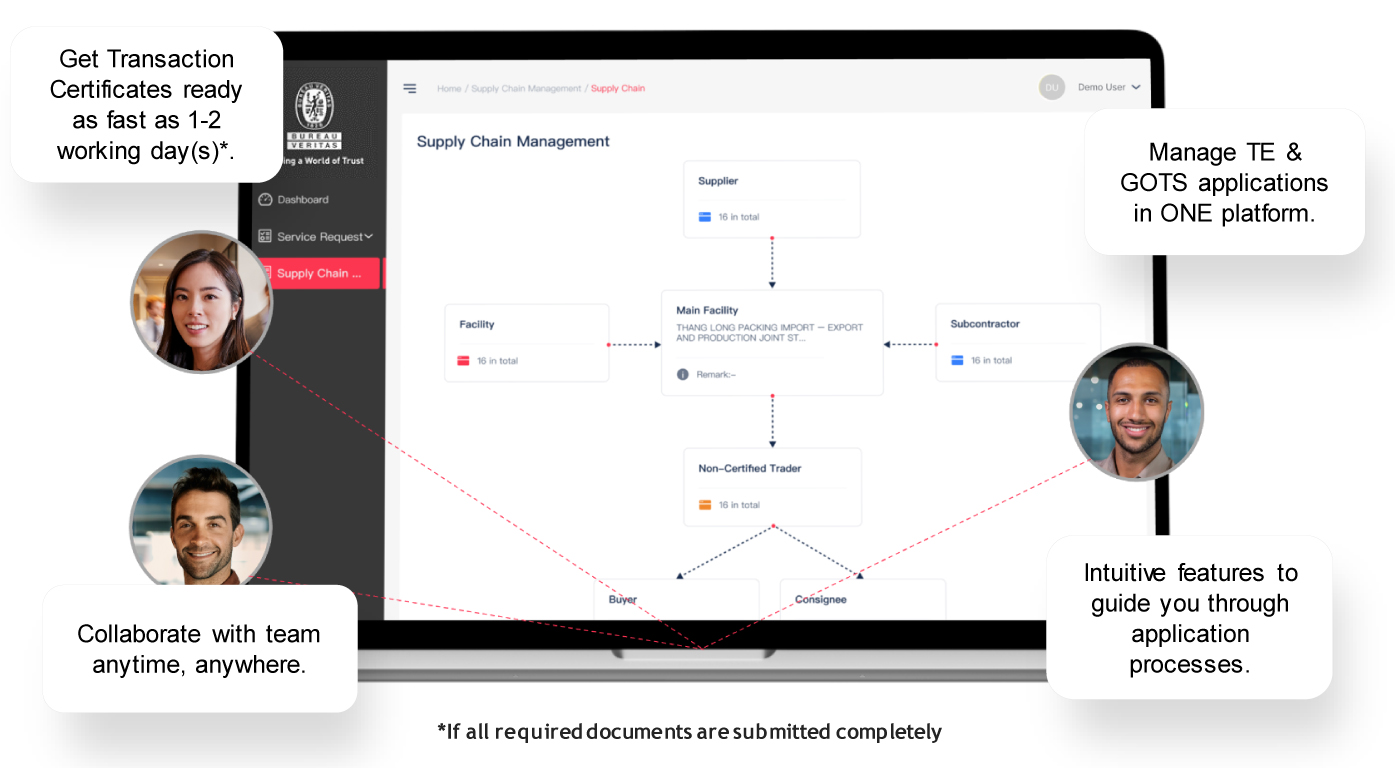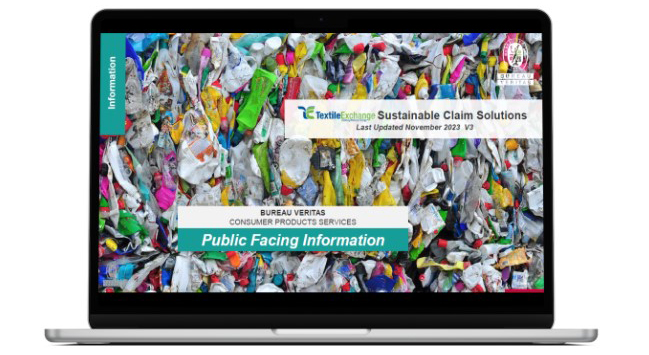Sustainable Claims (Recycling and Organic Content) Certification - GRS RCS OCS GOTS
Certified Products with Recycling and Organic Content can Bear the Textile Exchange Claim Label
YOUR CHALLENGE
Customers today are demanding to know the social and environmental impact of their products. They want to know which type of sustainable content the products before they make their buying decisions.
To build loyalty and trust with customers today, garment manufacturers, brands, and retailers need to provide full transparency of their products’ sustainable profile, such as manufacturing processes and materials used.
Making sustainable claims is a quite complex process and it must be accurate, robust and tracible. Companies are relying on a widely accepted key scheme such as Organic Content Standard (OCS), Recycled Claim Standard (RCS) and Global Recycled Standard (GRS), which are uniquely developed and managed by Textile Exchange Standards.
Maintaining consistency in the application and enforcement of Textile Exchange (TE) standards across the entire supply chain can be a challenge. Auditing a complex supply chain is also difficult due to the number of suppliers, intermediaries, and sub-contractors involved. Compliance must also be complied, which requires continuous monitoring and enforcement efforts. Moreover, to keep up with industry/standards changes, regular updates to the standards and training must be provided.
HOW BV CAN HELP
Textile Exchange standards require each stage of the supply chain to be certified, starting from the raw material producer (e.g. recycler, or first processor of organically grown material) all the way to the seller in the last business-to-business transaction. This ensures the full chain of custody of the claimed material can be verified. Bureau Veritas provides audits at the factory and brand level and offers awareness training for the full supply chain requirements.
Textile Exchange Standards require all sites to be certified through to the seller in the last business-to-business transaction. Usually, the last stage to be certified is the garment manufacturer or the brand. If a brand sells its products to retailers, then the brand must be certified in order for a product-specific claim to be made. Retailers (business-to-consumers) are not required to be certified.
OUR CAPABILITIES
|
International Voluntary Standards |
• |
Organic Content Standard (OCS). Provides a chain of custody verification for materials originating on a farm certified to recognized organic standards. The standard is used to verify organically grown raw materials from the farm to the final product. The goal of the OCS is to increase organic agriculture production. |
|
• |
Recycled Claim Standard (RCS). Sets requirements for third-party certification of recycled input and chain of custody. The goal of the RCS is to increase the use of recycled materials. |
|
• |
Global Recycled Standard (GRS). Sets requirements for third-party certification of recycled content, chain of custody, social and environmental practices, and chemical restrictions. The goal of the GRS is to increase the use of recycled materials in products and reduce/eliminate the harm caused by its production. |
|
| • |
Global Organic Textile Standard (GOTS) is a voluntary standard, that covers the processing, manufacturing, packaging, labeling, trading, and distribution of all textiles made from at least 70% certified organic natural fibers. The final products may include but are not limited to fiber products, yarns, fabrics, garments, fashion textile accessories (carried or worn), textile toys, home textiles, mattresses and bedding, and textile personal care products. |
BENEFITS OF BUREAU VERITAS CONSUMER PRODUCTS SERVICES
- Fast Quality Service. Global Program Management, Key Account Management and Regional Technical Sales provides you, and your supply chain, with regular business performance updates and a clear escalation point maintaining ease of doing business.
- Client Aligned. Metric driven KPI monitoring to verify service delivery levels supported by a global network of auditors in key sourcing countries.
- Experience of Large Complex Programs. Decades of experience in managing large and complex programs within global supply chains with proven methodology of success:
- Program Design
- Program Start-Up
- Supplier Start-Up
- Program Compliance / Internal Quality Control
- Program Management
- Client Reviews & Supply Chain Optimization Programs
- Comprehensive Sustainability Solution. As well as Textile Exchange Recycling/Organic Claim Services, Bureau Veritas is a global leader in Sustainability Solutions offering a wide range of Audits (Social, Energy, Chemical, Environmental, Security); Testing (Chemical, Environment, Emissions) & Traceability Solutions for Facilities, Products and Processes.
- Digital Solution - OneSource Connect for Textile Exchange/GOTS Certifications
A dedicated digital solution for simplifying certification management and accelerating its workflow.
|
Streamline |
Easy Workflow |
Scale Your |
Dedicated |
Please see the linked file for further information on: Public Facing Information
This document covers:
• Introduction to Textile Exchange, GOTS, Sustainable Fibre Alliance, ISCC and overview of the service
• The audit process
• Processes for granting, refusing, maintaining, renewing, suspending, restoring or withdrawal certification as well as expanding and reducing the scope of certification
• List of certification activities (certification schemes);
• How BV CPS obtains financial support and general information on the fees charged to applicants and to clients
• A description of the rights and duties of applicants and clients
• Processes for handling requests for information
• Processes for handling complaints and appeals
• Information about certified clients, and information about suspensions, withdrawls
